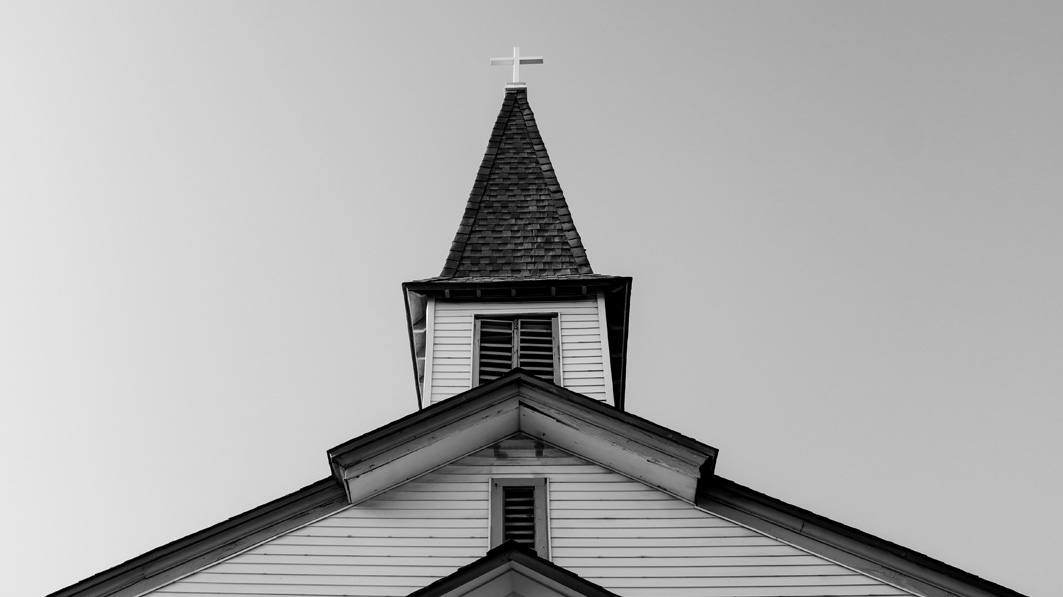The median church in America has 75 regular participants on Sunday mornings. It’s difficult to pay a pastor a living wage—let alone what his college and likely post-graduate degree would call for—plus maintain the church premises and engage in community ministry with the tithes and offerings of the average congregation.
So, I was relieved (along with thousands of churches and pastors across the nation) to see the Unites States Court of Appeals for the Seventh Circuit uphold the constitutionality of the ministers’ housing allowance, aka “parsonage allowance,” in Gaylor v. Mnuchin. The minister’s housing allowance is a federal tax rule that allows a pastor to claim part of his salary as exempt from federal income tax in order to pay for housing, utilities and upkeep of his residence. This affords the small church the ability to hire pastors at a lower salary than the market would otherwise suggest.
The Freedom from Religion Foundation, an atheist/secularist organization that views almost every public benefit to religion as unconstitutional, brought the lawsuit challenging the ministers’ housing allowance. Surely, they argued, a federal tax statute that provides such an exemption must violate the First Amendment’s Establishment Clause because it subsidizes religion!
The court, however, didn’t see it that way. Tax exemptions for churches in American history even precede the 16th Amendment, passed in 1909, that allowed Congress to levy an income tax. The housing allowance has secular purposes such as treating ministers equally to secular employees (other occupations historically received similar housing allowances), keeping the government from excessive entanglement with religion, and to avoid discriminating between pastors who have their parsonage provided by the church, and pastors who must find and pay for their own living arrangements.
And, as a practical matter, it keeps churches functioning by providing an easy way for cash-strapped congregations to support their pastors.
I know, because I’ve been there. I took a serious pay cut when I left my legal job with a nonprofit organization and entered full-time church ministry. For seven years as an associate pastor at a small church, the faithful struggled to meet the financial support of two pastors plus everything else in the ministry requiring financial outlays. Both my church family and I benefitted from the use of the housing allowance.
The allowance, though a small benefit, helped. Now that I’m no longer in church ministry, I can appreciate the need for the allowance as a matter of public policy. Our nation’s churches meet the needs of the neighborhoods in which they are located in a way that no government program could ever achieve. The housing allowance is a no-brainer way of helping to make that happen.






